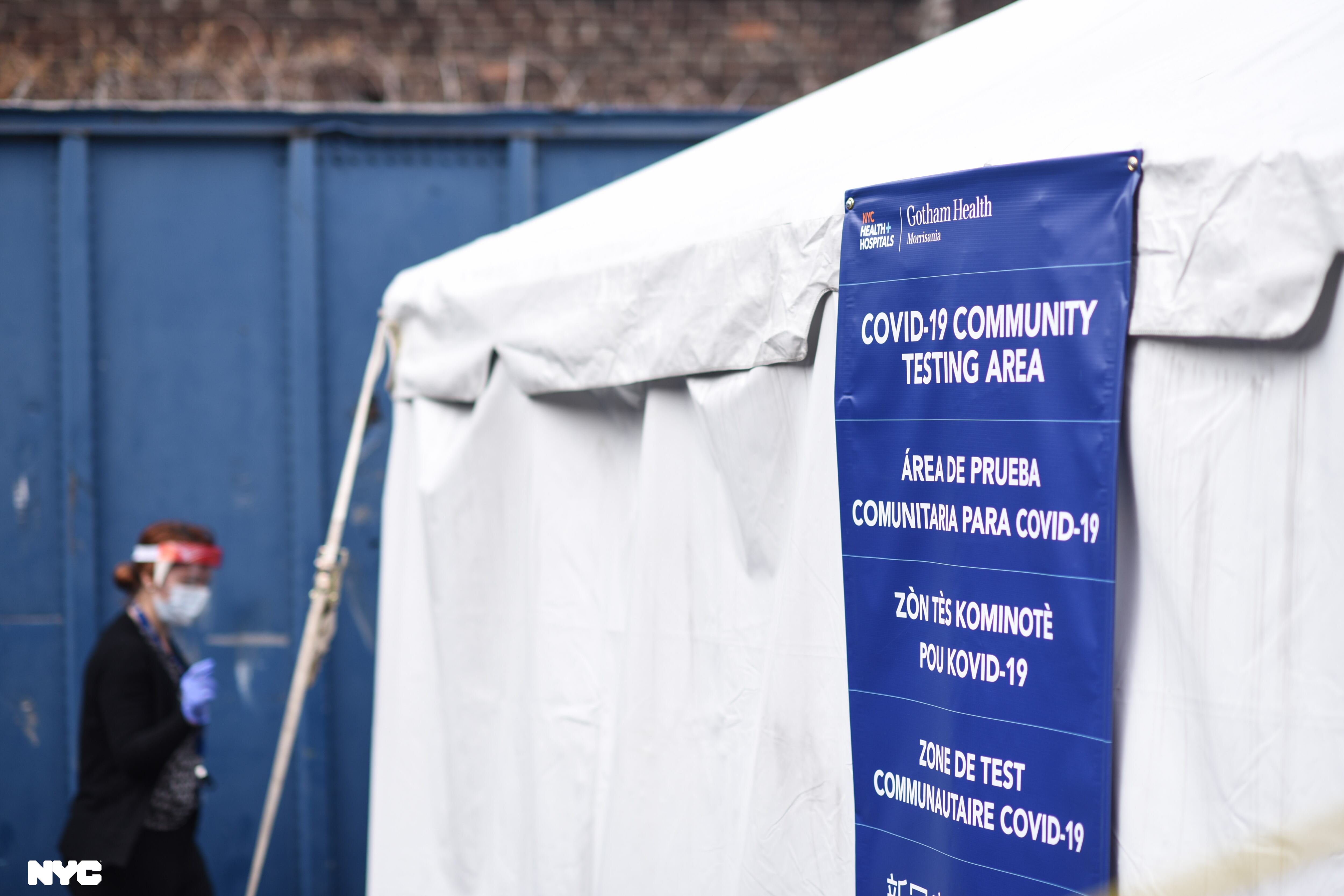New York City can continue mandatory COVID-19 testing in schools, the education department told principals on Thursday, after state officials issued updated guidance.
The state education department had issued a statement on Tuesday that said coronavirus testing could not be a requirement for attending school in-person or participating in other school events, throwing the city’s protocol into question.
But on Wednesday evening, the state reversed course and said that testing in schools could be mandatory under direction of the local health department.
The New York City education department, or DOE, informed principals in a Thursday afternoon email that the revised guidance “reinforces the DOE’s mandated consent form policy and weekly testing requirements of students.” The email added that the state’s position “confirms that the DOE can continue the consent and testing protocol currently in place in schools.”
Since December, New York City has made weekly, random testing for the coronavirus a requirement for 20% of students and staff at all schools. (Testing had previously occurred on a monthly basis, and students could be exempt if enough of their peers agreed to be swabbed.) Students whose families do not fill out a consent form are switched to remote learning, and staffers can be placed on unpaid leave.
The state’s about-face comes just days before middle schools are set to reopen for the first time since rising coronavirus rates forced a system wide shutdown in November. There is still no date set for high schools to return to in-person instruction.






